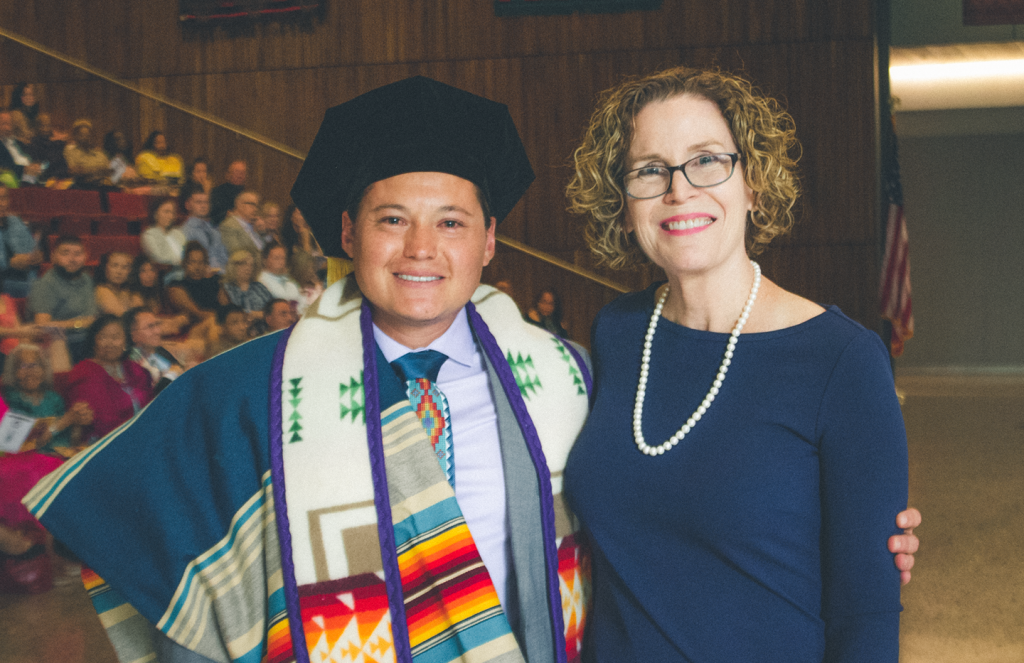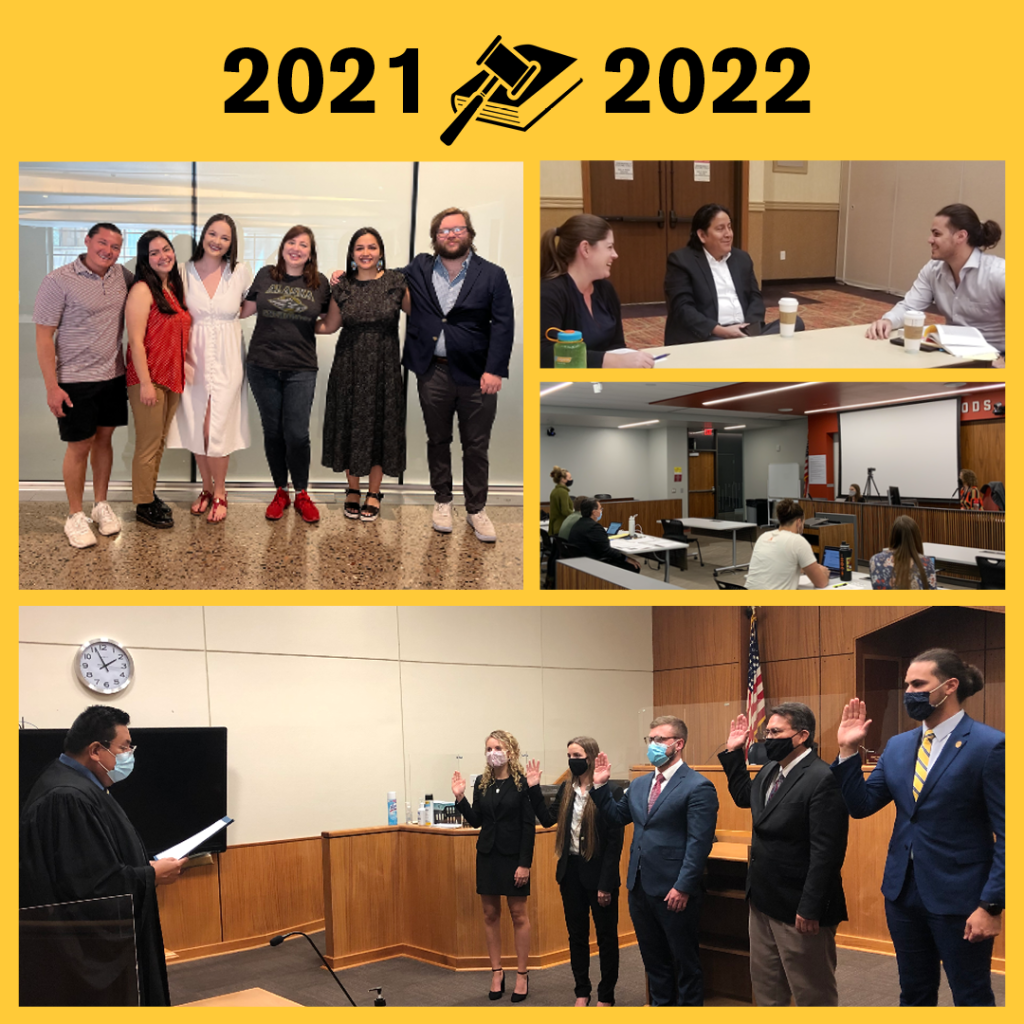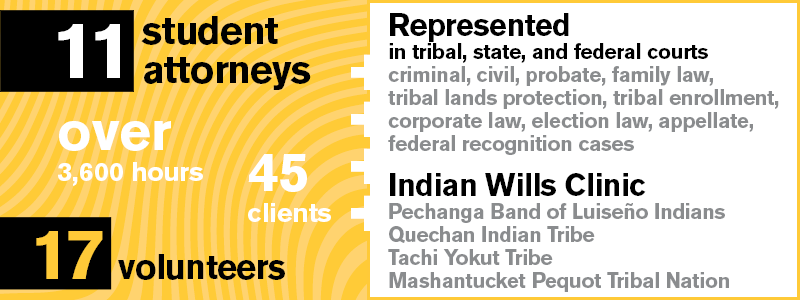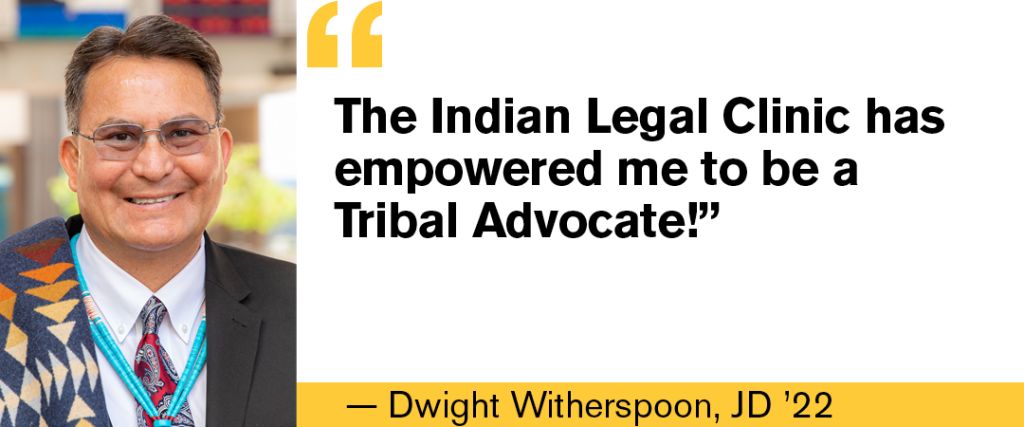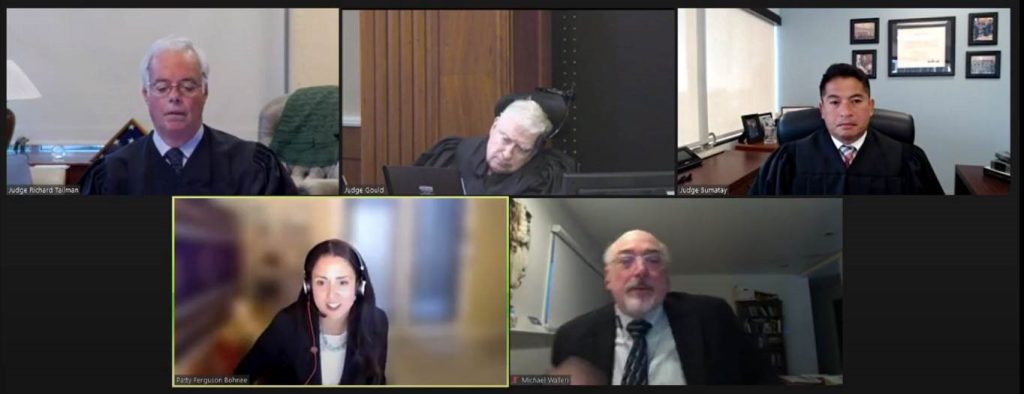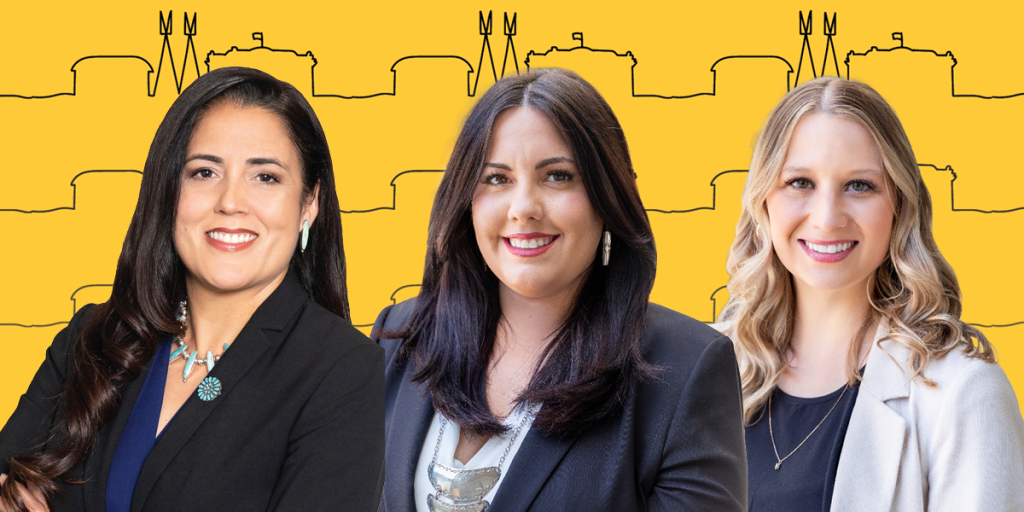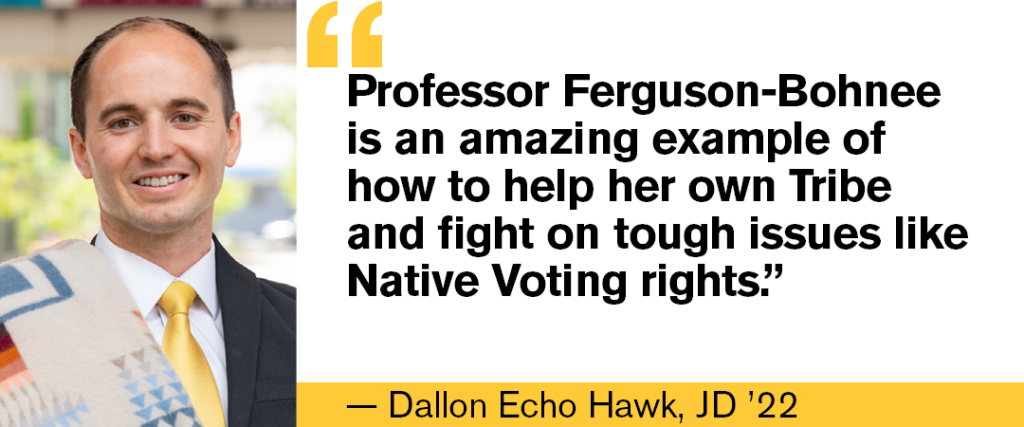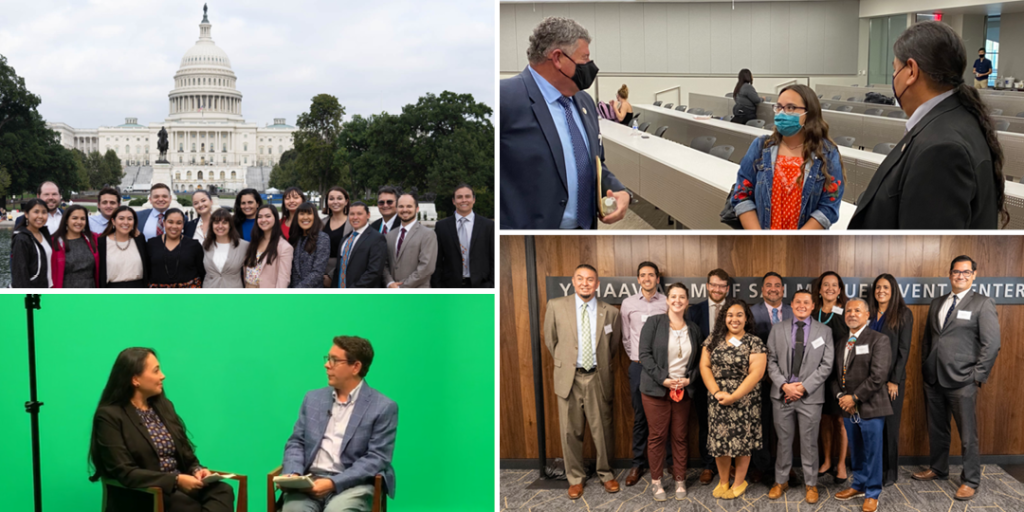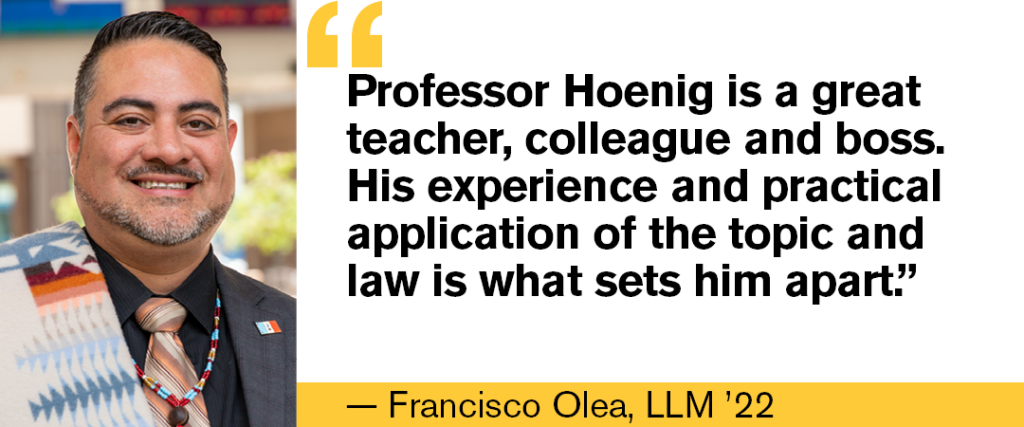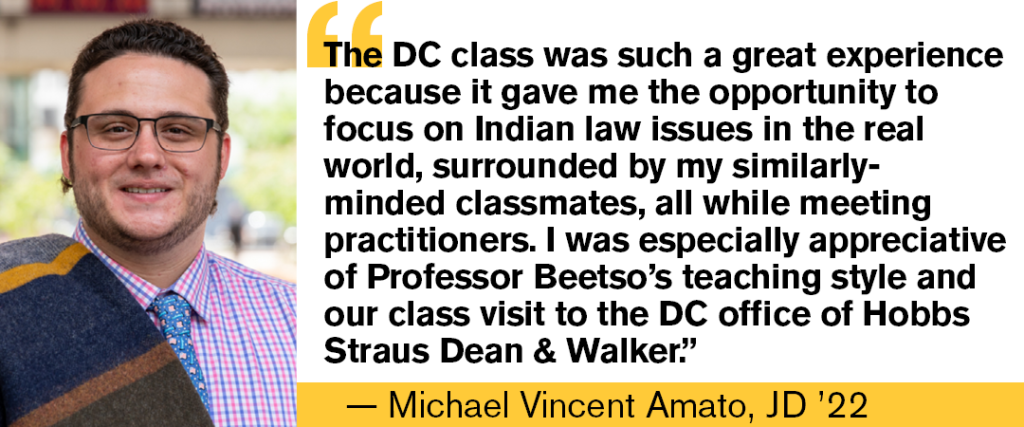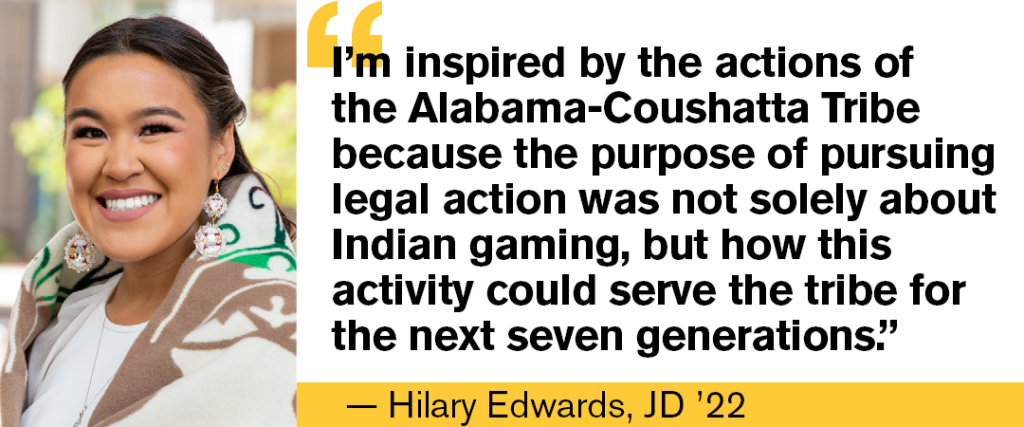Washburn University
Topeka, Kansas
Posting #2770622
Washburn University School of Law invites applications for a full-time visiting faculty position teaching Legal Writing beginning in the 2022-2023 academic year. This is a 9-month visiting position, although the position has a possibility of renewal contingent on the need for services and the availability of funding. In addition, Washburn may have a tenure-track legal writing appointment available after the 2022-2023 academic year depending on budget and curricular needs. If a tenure-track position is approved for the 2023-2024 academic year and beyond, the law school will conduct a national search and the visiting faculty member will be welcome to apply for the position.
We seek candidates whose performance to date has demonstrated effectiveness in teaching, scholarship, and service or the potential for achievement in each of these job functions. Application materials should clearly articulate the candidate’s record of work supporting diversity, equity, inclusion and belonging and state how the candidate will contribute to Washburn University’s commitment to diversity and inclusion.
Washburn University is a teaching-focused, student-centered, public institution. The Washburn campus is located in the heart of Topeka, Kansas, blocks from the historic state capitol. Topeka features affordable housing; beautiful, historic neighborhoods filled with well-maintained parks; and a nationally recognized public library. It is also the home of the Brown v. Board of Education National Historical Site.
Washburn is dedicated to recruiting and retaining a diverse faculty, staff, and student body and cultivating a vibrant and inclusive working environment and curriculum. We offer competitive wages, an excellent benefits program, a supportive leadership team, and a healthy work/life balance. At Washburn, we strive to ensure a campus climate that supports the success of every employee and appreciates the unique skills and expertise each contributes to serving our students.
The ideal candidate will have law school teaching experience, but entry-level candidates will be considered.
Required Qualifications:
- JD degree from an ABA-approved law school
- Demonstrated commitment to developing inclusive teaching practices that engage students from diverse backgrounds.
Preferred Qualifications:
- Training or experience in teaching first-year legal research and writing (LRW) courses
- Record of published legal scholarship and/or demonstrated potential for such scholarship
Responsibilities:
Fulfill teaching expectations associated with a visiting assistant professor appointment as outlined in the faculty handbook. Teach a full workload of two first-year legal writing courses (6 credit hours per semester).
This visitor will fulfill service expectations by engaging in service activities in the department, university, and profession.
To apply, see website.

